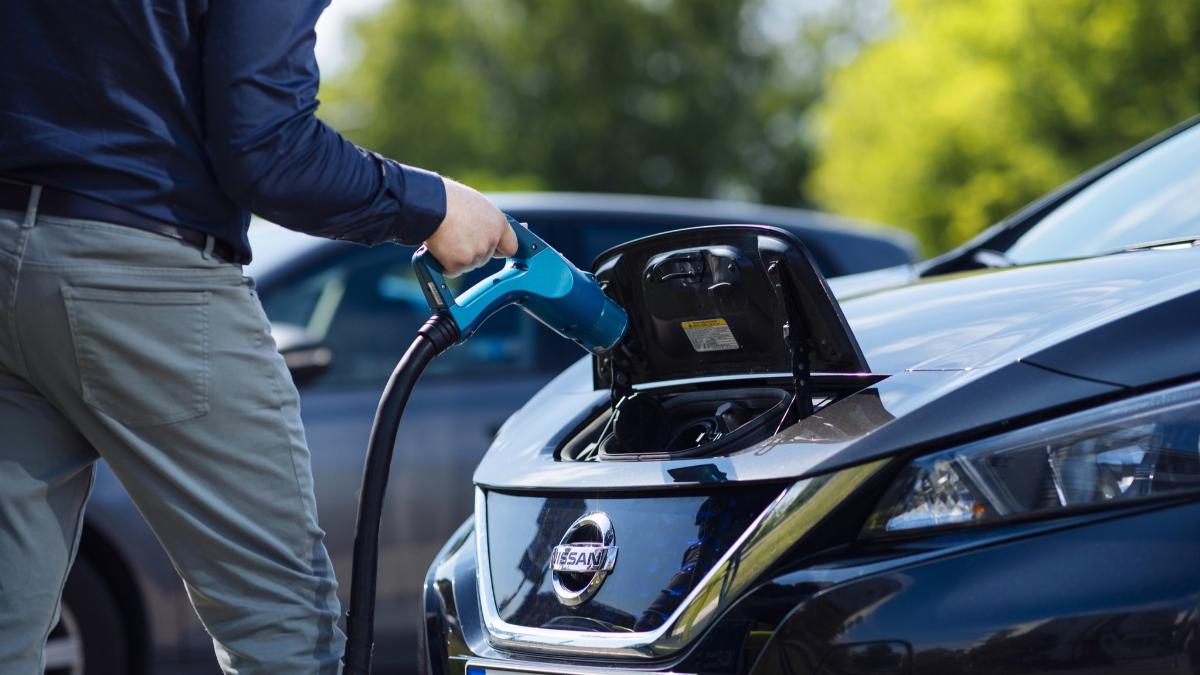Electrification of transport can contribute to flexibility of energy system

On 15 July 2024, the Ministry of Transport and Communications published an assessment report on how the electrification of transport could contribute to the flexibility of the Finnish energy system. In accordance with EU requirements, the report describes the current state of the opportunities which the electrification of transport could offer and proposes measures.
The EU reached an agreement on the Alternative Fuels Infrastructure Regulation (AFIR) on 25 July 2023. AFIR lays down requirements for minimum infrastructure and obliges Member States to assess how the deployment and operation of recharging points could enable electric vehicles to contribute to the flexibility of the energy system and to the further absorption of renewable electricity. The required national programme for alternative transport fuels distribution infrastructure is currently being circulated for comments.
The assessment must take into account both private and public recharging points and make recommendations to make it easier for users to integrate their electric vehicles in the system. The assessment must also include measures to be implemented in order to meet the requirements set out in the Regulation. The Ministry has drawn up the assessment report in collaboration with the Energy Authority.
Bi-directional recharging can increase security of supply
According to the report, better availability of bi-directional recharging could increase security of supply. Bi-directional recharging means a smart recharging operation where the direction of the electricity flow can be reversed, allowing that electricity flows from the battery to the recharging point it is connected to.
For example, bi-directional charging would enable a vehicle to send energy back to the grid or use it to charge electrical appliances at home. As bi-directional charging can turn the vehicle battery into a temporary electricity storage, its wider use may increase the security of supply during power outages. The bi-directional charging market is still in its infancy.
The electricity balancing market provides short-term support for balancing the electricity system. However, the power of an individual charging point and the electricity reception capacity of a vehicle are too low to enable them to participate directly in the balancing market. In recent years, the electricity reserve market has been developed to enable smaller minimum bid sizes.
In order for household recharging points to participate in the balancing market, service providers need to offer aggregation. An independent aggregator is an electricity market operator that does not have an agreement with an electricity supplier. An end user may sign an agreement with an independent aggregator to have their resources contribute to balancing.
Report presents five measures
The report presents measures to meet AFIR requirements. The measures already exist, for example in the distribution infrastructure programme for new fuels in road transport published in 2023, or they are based on existing legislation or EU projects.
There are five measures:
1. Investigating the possibility of establishing a set of projects combining electric vehicles and the energy system.
2. Assessing the possibilities of Business Finland to organise targeted calls for applications for technology projects contributing to the balancing market.
3. Enabling the participation in the balancing market of households with electric vehicles through independent aggregators.
4. Monitoring changes to minimum bid sizes in the European demand response network codes and implementing the necessary changes.
5. Reinforcing cooperation to develop electricity transmission networks so that high-power recharging infrastructure can be built within the timetable required by AFIR and transport needs.
What’s next?
AFIR obliges Member States to update the assessment every three years. It also obliges Member States to submit to the Commission a progress report on the implementation of the national policy framework by 31 December 2027 at the latest and every two years thereafter.
Inquiries:
Tuuli Ojala, Senior Ministerial Adviser, tel. +358 295 342 198, [email protected]
Gateway to Information on Government Projects: Government proposal for a national complement to the EU Regulation on the deployment of alternative fuels infrastructure